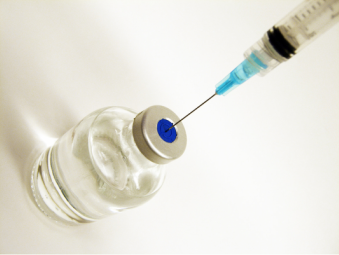Science 22 April 1977:
Vol. 196 no. 4288 pp. 452-454
DOI: 10.1126/science.557837
Monosodium glutamate (MSG) administered during the neonatal period (days 2 to 11) resulted in a sequence of events that were manifested in adulthood. Reproductive dysfunction was seen in both female and male animals. Females treated with MSG had fewer pregnancies and smaller litters, while males treated with MSG showed reduced fertility. The MSG-treated mice showed increased body weight and decreased pituitary, thyroid, ovary, or testis weights.
Vol. 196 no. 4288 pp. 452-454
DOI: 10.1126/science.557837
- REPORTS
Monosodium glutamate (MSG) administered during the neonatal period (days 2 to 11) resulted in a sequence of events that were manifested in adulthood. Reproductive dysfunction was seen in both female and male animals. Females treated with MSG had fewer pregnancies and smaller litters, while males treated with MSG showed reduced fertility. The MSG-treated mice showed increased body weight and decreased pituitary, thyroid, ovary, or testis weights.
